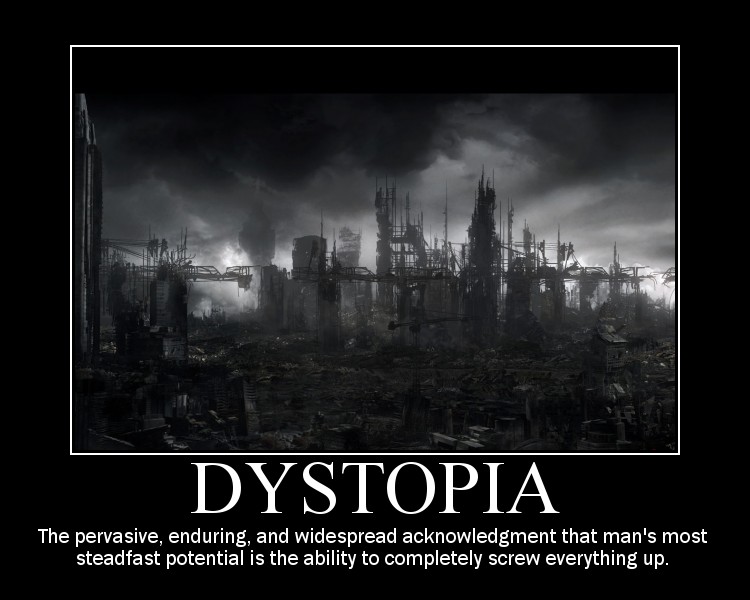Podcast: Play in new window | Download (Duration: 59:30 — 54.6MB)
Subscribe: RSS
An in-depth conversation about Brad Bird’s latest Clooney vehicle: a “Tomorrowland” that never arrives.
- Disney owns everything.
- Marvel
- Pixar
- Star Wars
- Jesus (optioned with right of first refusal)
- The original “Tomorrowland”
- Tomorrowland the movie
- PJ was going to blow it off.
- Efram was intrigued by the “touching of the pin” in the trailer.
- Sean saw trailer on duct tape.
- Brad Bird also did Mission Impossible: Ghost Protocol (his first live-action film)
- Tomorrowland: No there there.
- How to deliver on new, magical place – good example, Harry Potter – Diagon Alley.
- Good exploration of magical places:
- Oz
- Blade Runner
- Things to Come
- Metropolis
- Alas, Damon Lindelof and the “Man Who Does Not Deliver”.
- J.J. Abrams: Mystery Box – We call bullshit.
- Bait and switch with no satisfying resolution on layered mysteries.
- Sean’s Rant: Mystery Box is hipster bullshit
- The MacGuffin: A person or object that the good guy and the bad guy both pursue. To gain control of the MacGuffin is to have the upper hand in the story and “win” the outcome of the movie.
- Hitchcock MacGuffin – Meaningless. Just designed to drive story forward.
- Modern MacGuffin: MacGuffin has meaning beyond just being a plot device.
- Raiders of the Lost Ark – When it’s done well…
- The Ark is the MacGuffin. It also has special meaning beyond just wrestling for its control. It defines the boundaries of Indiana Jones’ character.
- Marcus and Sallah worry about the magical properties of the Ark. Indy doesn’t believe in that “magical superstitious hocus pocus”. But the only thing that saves him is recognizing the magical properties of the Ark.
- Therefore, the MacGuffin itself is meaningful as compared to the briefcase in Pulp Fiction which has implied power but the nature of it we never discover.
- Flakey MacGuffin (mmm… delicious):
- Hipster Bullshit: Pretending to take a risk without actually taking a risk.
- Desiring to imbue the MacGuffin with special intellectual meaning (a la Raiders of the Lost Ark). The storyteller’s desire to demonstrate their cleverness with a Modern MacGuffin but chickening out at the last minute for fear their idea is weak.
- Actually having an idea and landing on it might be embarrassing or underwhelming. A fate worse than death for the Hollywood filmmaker.
- Avoiding landing on the idea but pretending to have one is faking intellectual content where there is none. aka “Hipster Bullshit” – pretending to be artful while only having the trappings of it.
- Efram: Read where Abrams and Lindelof think the question is more important than the answer.
- Sean: Disagrees. He goes to movies to see points of view.
- Joss Whedon: Pays off and entertains the whole way through a story. And the whole thing isn’t resting on the mystery box.
- Star Wars (the original): Mystery AND payoff throughout.
- Efram breaks down plot:
- Too much “getting to Tomorrowland”.
- Hugh Laurie explains “plot” towards the end. Meanwhile, the director tries to divert you from the lame, confusing explainer with a big portal on a beach action sequence.
- Topic: “Artist Exceptionalism”
- Sean doesn’t like the “better than you” character device.
- We’re also looking at YOU, midichlorians.
- A thread of “exceptionalism” in Bird’s work.
- The exceptional are always being beaten down by “the man”.
- The only authentic voice is the “special voice”.
- Efram: Getting an answer to anything was impossible. Efram’s wife describes it perfectly: Like a bad relationship: No answers until you’ve almost lost interest and then, at the last minute, suddenly gives you a crumb to draw you back in.
- PJ: Doesn’t like the journalist who goes everywhere. In a fighter jet. In space.
- Pretending there’s a “there there” is an empty experience.
- The boys wax poetic on how to be great in a relationship.
- Fear of being a fraud.
- And be cool.
- Cultivate fake mystery when there’s no there there.
- Luke is the real kind of “special”.
- He’s a hero because he’s very average. Works on a farm.
- Only stumbles into his innate power later. And even then he doesn’t trust it.
- Sean: The character in Tomorrowland is special because “she’s pretty”.
- PJ goes to her defense: Because she’s a scientist and is anti-government.
- The boys did really well on the Heisman-Boseman test.
- The utopian future is always a weirdly Ayn Randian fascist future.
- Sean thinks an actual future should always have punk rock.
- PJ calls out the ridiculous flying Eiffel Tower.
- The boys can’t figure out what world we’re supposed to be in.
- Efram: Ending should’ve been meaningful… not a reveal by Hugh Laurie.
- Sean asks “What is a better Tomorrowland than the one in the movie.”
- PJ proposes that there may have been more of an explanation but got cut in the final movie.
- Efram points out that “gray characters” round out binary “good and evil” type stories. i.e. Han Solo and Lando Calrissian from the first three Star Wars movies.
- Efram irritated by constant re-directing of audience to force fake dramatic tension.
- Sean brings up Hitchcock’s definition of “suspense”.
- Here’s a great video of Hitchcock explaining the difference between mystery and suspense and how he prefers Suspense because it emotionally engages people throughout the entire story.
- The boys imagine Damon Lindelof telling a campfire ghost story.
- Guesses on how to improve Tomorrowland.
- Efram compares J.J. Abram’s Super 8 to Tomorrowland in terms of withholding information from main characters (and audience).
- PJ suggests that midichlorians are great for keeping whites white and darks dark when doing laundry.
- Efram loses his shit. Paramedics are called.
